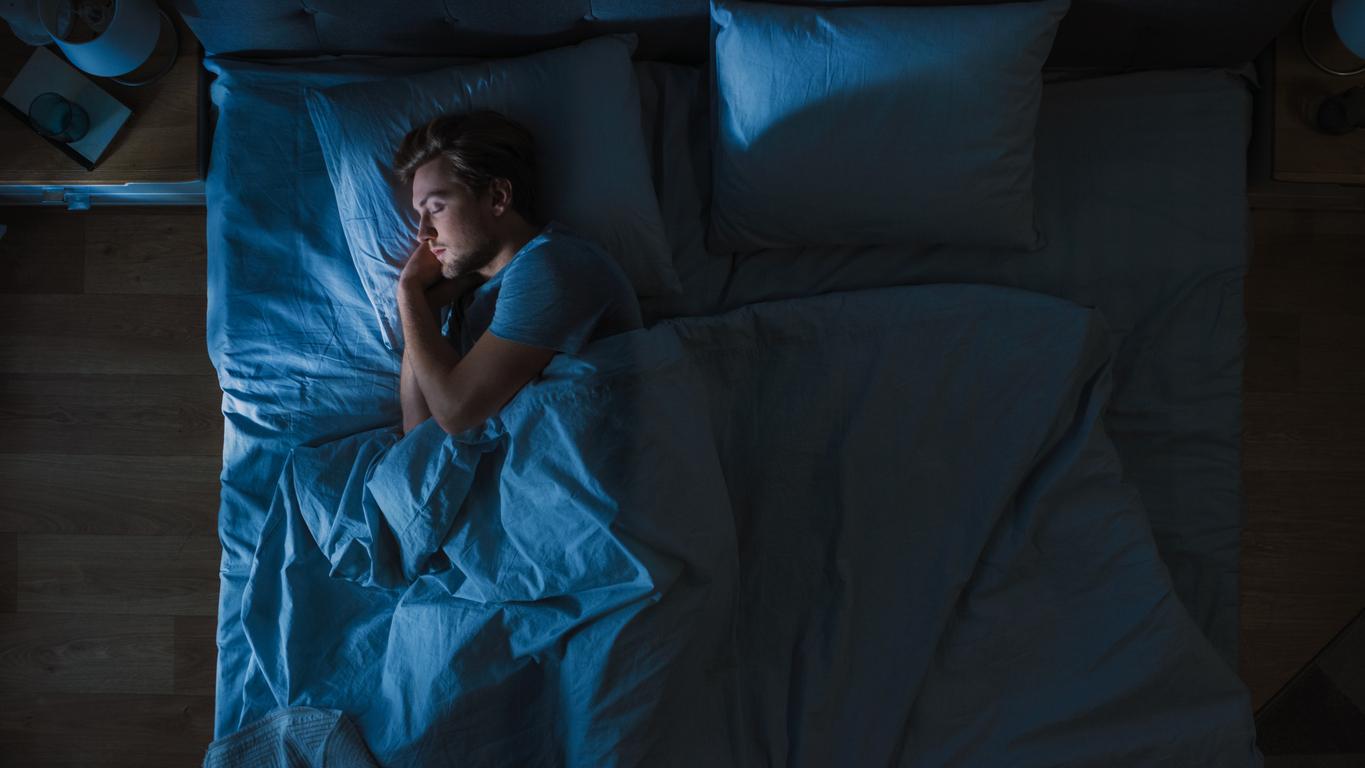While some older people sleep well, the nights of many other older people are often disturbed by wakefulness attacks, back and forth to the toilet and other nuisances, as you lose your ability to generate the deep, restful sleep you enjoyed when you were young.
Lack of sleep in seniors increases the risk of disease
That doesn’t mean, however, that older people need less sleep, according to neuroscientists at the University of California at Berkeley (USA), who argue in an article published in the Neuron journal that the unmet sleep needs of older people increase their risk of memory loss and a wide range of mental and physical disorders.
Many diseases related to lack of sleep
“Almost all the diseases that we will kill later have a causal link with the lack of sleep“said Matthew Walker, senior research author and professor of psychology and neuroscience at the University of California.
Deterioration of sleep has been linked to conditions such as Alzheimer’s disease, heart disease, obesity, diabetes and stroke. “We have done a good job of extending the lifespan, but a poor job at extending our period of health. Today we are trying to remedy this by looking for solutions.”
The transition from deep sleep to unsatisfactory sleep would start around age 30
Although older people are less likely than younger people to notice and / or report a mental health disorder and other symptoms of sleep deprivation, numerous studies on the brain reveal how lack of sleep worsens their cognitive function.
In addition, the transition from deep sleep in young people to unsatisfactory sleep can begin around the age of 30, paving the way for cognitive and physical impairments related to sleep in middle age.
The aging brain struggles to activate deep sleep
For their sleep research, Professor Walker and colleagues Bryce Mander and Joseph Winer cite studies, including some that show that the aging brain struggles to generate the slow brain damage that promotes deep healing sleep, as well as neurochemicals that help us move stably from sleep to wakefulness.
“The parts of the brain that deteriorate the earliest are the same regions that give us deep sleep,” said lead author M. Mander, postdoctoral researcher in the sleep and neuro lab. -Imaging by Professor Walker, University of California.
Aging typically results in a decline in rapid non-rapid eye movement (NREM) or “slow sleep” and characteristic brain waves associated with these, including slow waves and faster bursts of brain waves known as the name “sleep spindles”.
Lack of sleep linked to memory decline later in life
Slow, healthy waves and pins help transfer memories and information from the hippocampus, which provides the brain’s short-term storage, to the prefrontal cortex, which consolidates information, acting as the brain’s long-term storage .
“Unfortunately, both of these types of sleep brain waves decrease markedly as we get older and we are now finding that this sleep deprivation is linked to memory decline later in life,” said Winer, a doctoral student at the lab. from Professor Walker.
Another deficiency in late life is the inability to regulate neurochemicals that stabilize our sleep and help us transition from sleep to awake states. These neurochemicals include galanin, which promotes sleep and orexin, which promotes wakefulness.
Sleeping pills should not be the solution to sleep disorders
“The American College of Physicians has recognized that sleeping pills should not be the first response to sleep problems,” said Professor Walker. “Sleeping pills calm the brain, rather than helping it sleep naturally. best treatments to restore a healthy sleep in the elderly, and this is now one of our dedicated research missions “.
We should also change the way we see sleep by focusing on quality over the quantity of hours of rest.
Read also :
– What you don’t know about your sleep: 6 facts


















